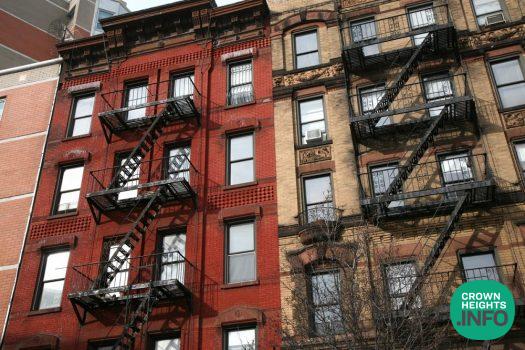
Under New Legislation, Illegal NYC Apartments Could Become Legal, and The City More Densely Populated
Governor Kathy Hochul announced sweeping plans to make housing more affordable as part of the 2022 State of the State. Governor Hochul will initiate a new, $25 billion five-year housing plan to create and preserve 100,000 affordable homes statewide, increase construction of new homes, and tackle inequities in the housing market.
“In the wake of the pandemic, it’s crucial that we tackle the housing crisis and make New York a more affordable place for all,” Governor Hochul said. “These bold steps are a major step forward in transforming our housing market, protecting affordability and increasing the housing supply.”
Governor Hochul will implement a comprehensive 5-year plan, $25 billion plan to create and preserve 100,000 affordable homes, including 10,000 homes with support services for vulnerable populations. Governor Hochul’s plan would also electrify an additional 50,000 homes as part of the State’s plan to electrify 1 million homes and make another 1 million electrification-ready. The comprehensive housing plan will be designed using a four-part framework of economic recovery, social justice, climate action, and digital connectivity.
Governor Hochul will take major steps to construct new housing and increase density in appropriate urban areas, including:
- Permit accessory dwelling units in single-family neighborhoods: Governor Hochul will propose legislation to require municipalities to allow a minimum of one ADU on owner-occupied residentially zoned lots. This legislation will allow for municipalities to set size requirements and safety standards for these dwellings. It will also require that an amnesty program be created in New York City to legalize existing ADUs, with the expectation they be brought into compliance with building code to ensure resident safety. The housing plan will also include capital funding for municipalities or nonprofits to assist in the legalization or creation of new ADUs.
- Kick-start transit-oriented development: Governor Hochul will propose legislation to foster multifamily construction in zones drawn by municipalities around rail transit stops within commuting distance to New York City. The State will provide assistance to municipalities for drafting the ordinance changes, easing the burden on smaller municipalities.
- Give New York City the authority to encourage densification: Governor Hochul will propose amending the State law that limits the maximum density of residential floor area ratio to 12.0 in New York City, returning it to local authority. This will provide municipal leaders with the autonomy to allow for denser residential development where appropriate.
- Ease restrictions on converting hotels and offices to housing: Given the changing demand for office and hotel space, Governor Hochul will use legislation to implement more flexible zoning rules to make it easier to convert unused office buildings and hotels to residential spaces. This includes allowing any Class B hotel located within a residential zoning district to use the existing certificate of occupancy for permanent residences, with certain conditions, and allowing for office-to-residential conversions of buildings constructed before 1980 or any applicable buildings located south of 60th Street in Manhattan from now until the end of 2027.














